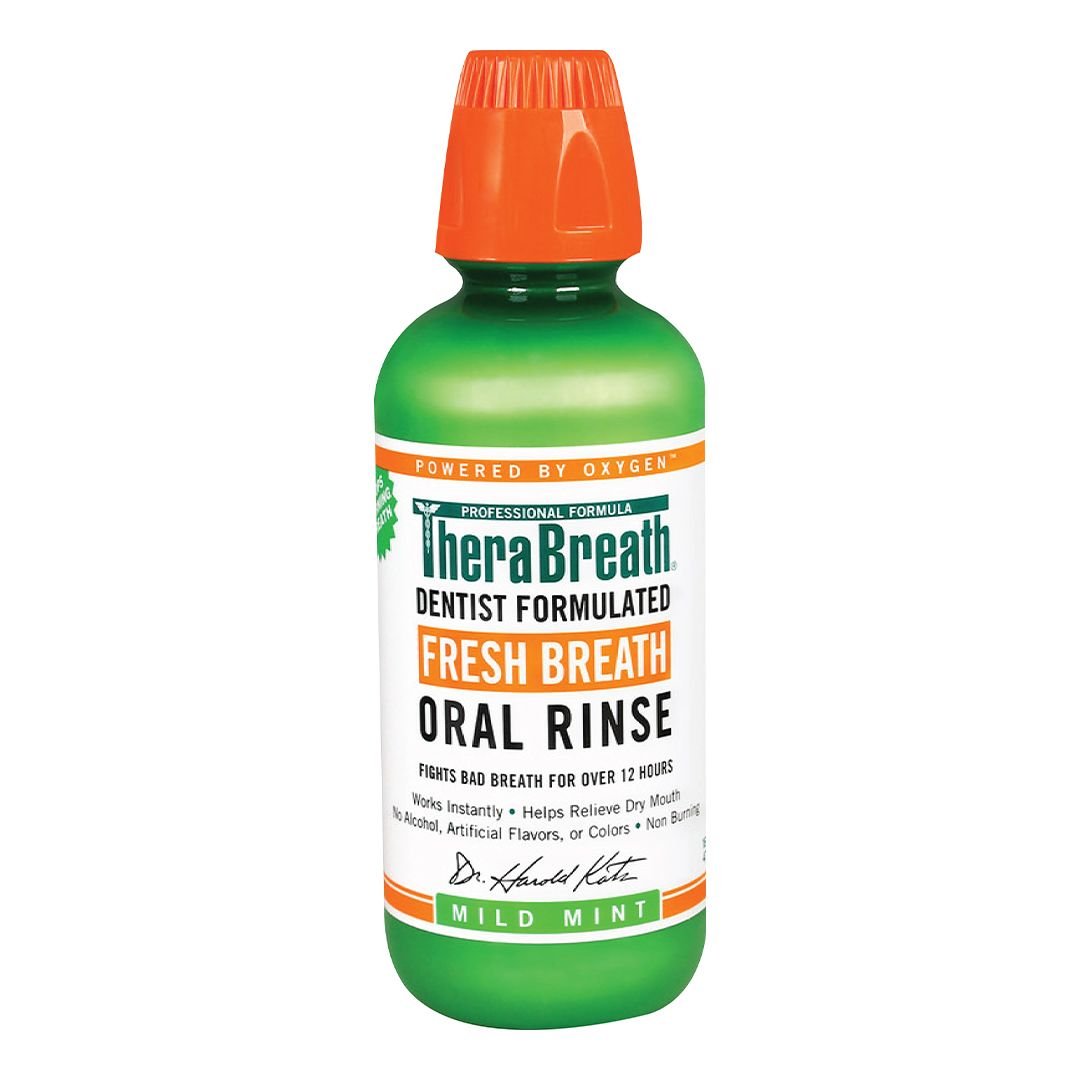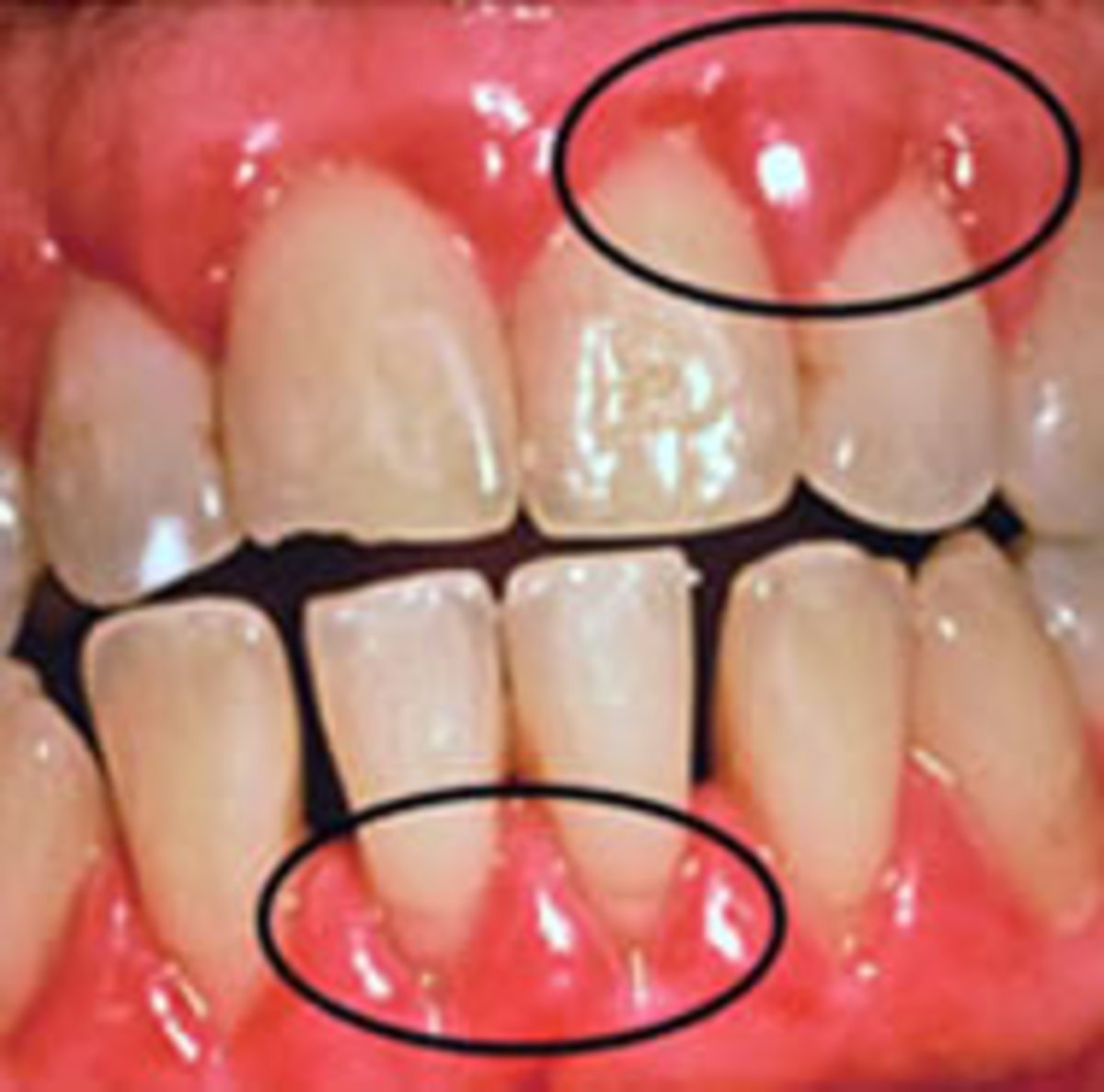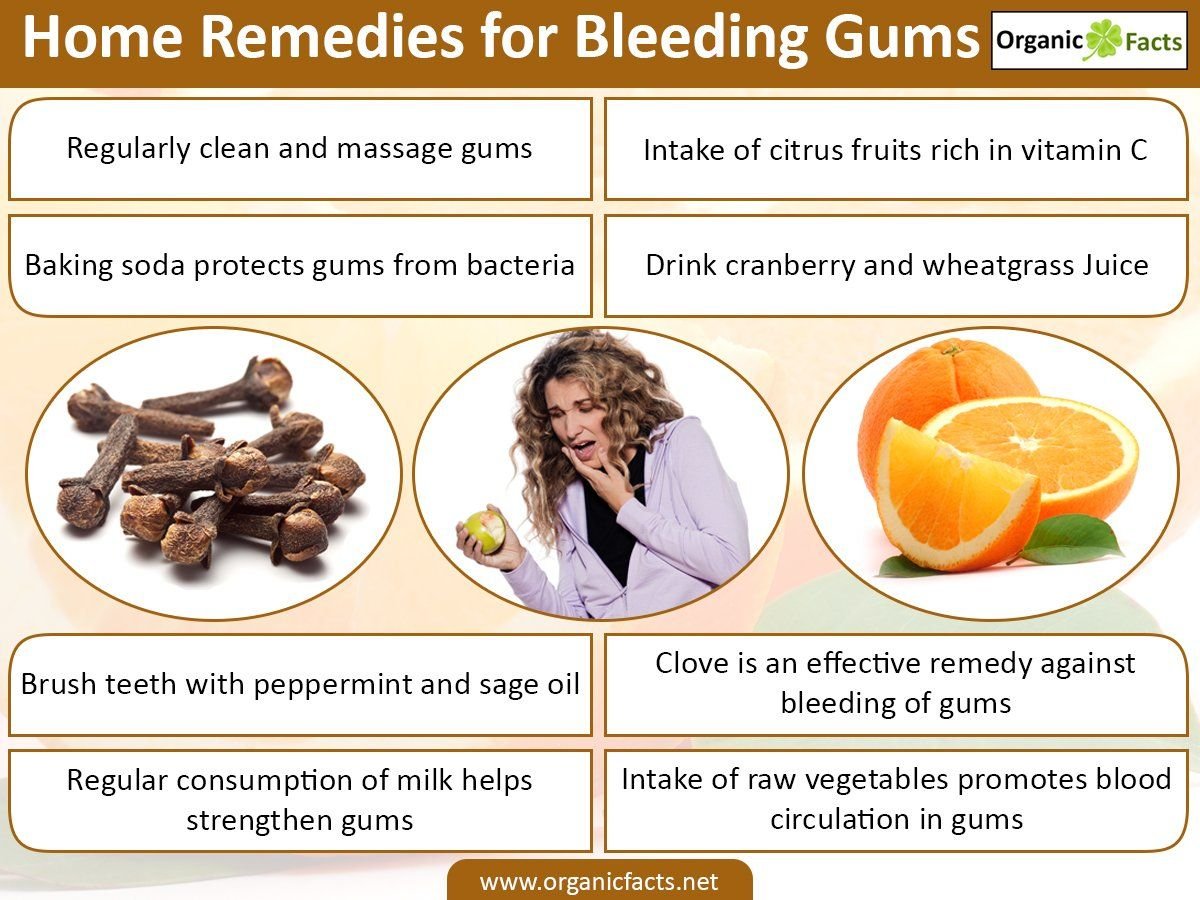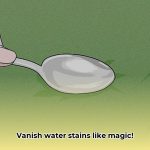Introducing “Home Remedies for Gum Irritation: Natural Relief for Discomfort,” your comprehensive guide to soothing gum discomfort at home. As a dental health professional, I understand the misery of gum irritation and have compiled effective natural remedies to alleviate the pain and discomfort effectively. Embark on this journey to discover simple and practical solutions for achieving optimal oral health and a pain-free smile.
Key Takeaways:
- Use hot or cold compresses to reduce swelling and pain.
- Rinse your mouth with salt water to kill bacteria.
- Apply tea bags to reduce inflammation.
- Make a paste with turmeric to soothe inflammation.
- Try essential oils like tea tree oil or clove oil for their antiseptic and anti-inflammatory properties.
Home Remedies for Gum Irritation

Are you struggling with tender, swollen gums? Home remedies for gum irritation can provide effective relief and help you avoid costly dental treatments. Here are some simple and natural remedies you can try:
Salt Water Rinse: An Antibacterial Solution
A salt water rinse is one of the most effective home remedies for gum irritation. Salt has antibacterial properties that help reduce bacteria that cause gum inflammation. Simply mix half a teaspoon of salt in a glass of warm water and rinse your mouth for 30 seconds. Repeat several times a day.
Cold Compress: Reduce Swelling
A cold compress can help reduce swelling and pain associated with gum irritation. Wrap an ice pack or a bag of frozen peas in a towel and apply it to the affected area for 15 minutes at a time. Avoid applying ice directly to your gums.
Tea Bags: Nature’s Anti-Inflammatory
Tea bags contain tannins, which have anti-inflammatory properties. Place a tea bag in hot water and steep for 5 minutes. Let it cool and then apply it to the irritated gums for 10-15 minutes.
Turmeric Paste: Antioxidant and Anti-Inflammatory
Turmeric has powerful antioxidant and anti-inflammatory properties. Mix a teaspoon of turmeric powder with a little water to form a paste. Apply the paste to the affected area and leave it on for 15-20 minutes. Rinse your mouth thoroughly with warm water.
Essential Oils: Antiseptic and Anti-Inflammatory
Essential oils like tea tree oil and clove oil have antiseptic and anti-inflammatory properties. Mix a few drops of the essential oil in a carrier oil, such as coconut oil. Apply the mixture to the irritated area using a cotton swab. Be cautious not to swallow the mixture.
Other Tips: Promote Gum Health
- Brush and floss regularly to remove plaque and bacteria.
- Avoid sugary foods and drinks, which can feed bacteria.
- Quit smoking, as it damages gum tissue.
- See your dentist regularly for professional cleanings and checkups.
By incorporating these home remedies for gum irritation into your daily oral hygiene routine, you can reduce pain, inflammation, and promote overall gum health. Remember to consult with your dentist if the irritation persists or worsens.
Discover effective ways to expedite the arrival of your period with our comprehensive guide to home remedies for faster periods.
If you’re experiencing agonizing gum infection, find solace and relief with our collection of home remedies for gum infection.
Alleviate the throbbing pain of a wisdom tooth with our curated list of home remedies for gum pain wisdom tooth.
Try an Over-the-Counter Antiseptic Mouthwash
Over-the-Counter Antiseptic Mouthwashes:
When gum irritation strikes, reaching for an over-the-counter antiseptic mouthwash can be an instant relief. These mouthwashes effectively combat the germs causing irritation, leaving your gums feeling refreshed and pain-free. They are formulated with ingredients like chlorhexidine or cetylpyridinium chloride, targeting bacteria and reducing plaque buildup.
Key Takeaways:
- Antiseptic mouthwashes kill germs: Eliminating the source of irritation.
- Instant relief: Provides quick and effective pain relief.
- Easy to use: Simply rinse twice daily as directed by the product label.
Relevant URL Sources:
- Mouthwash: Benefits, Side Effects, and How to Choose
- Over-the-Counter Antiseptic Mouthwash
Use Herbal Remedies

Herbal remedies have been used for centuries to treat various ailments, including gum irritation. These natural remedies offer gentle relief and can effectively soothe discomfort.
Benefits of Herbal Remedies
- Anti-inflammatory properties reduce swelling and pain.
- Antibacterial effects fight bacteria that cause irritation.
- Promote tissue healing and regeneration.
Common Herbal Remedies
- Aloe Vera: Its anti-inflammatory and antibacterial properties soothe irritated gums.
- Myrrh: This herb’s antiseptic and antibacterial qualities help combat gum inflammation.
- Clove: Its numbing effect temporarily relieves pain.
- Tea Tree Oil: Its strong antibacterial properties fight gum infections.
How to Use Herbal Remedies
- Mouth Rinse: Mix a few drops of essential oil (e.g., tea tree, clove) in warm water and rinse your mouth for 30 seconds.
- Gum Paste: Create a paste by mixing turmeric powder with coconut oil. Apply directly to sore gums.
- Herb Tea: Steep herbs like chamomile, green tea, or licorice root in hot water. Use as a warm compress or mouthwash.
Key Takeaways:
- Herbal remedies offer natural relief for gum irritation.
- They possess anti-inflammatory, antibacterial, and tissue-healing properties.
- Common herbs for gum health include aloe vera, myrrh, clove, and tea tree oil.
- Use herbal remedies as mouth rinses, gum pastes, or herb teas.
Citation:
- Herbal Remedies for Gum Disease: A Systematic Review and Meta-Analysis
- Anti-Inflammatory Effects of Herbal Remedies on Gingival Tissue
Practice Good Oral Hygiene
Key Takeaways:
- Brush and floss regularly: This removes plaque and bacteria that can cause gum irritation.
- Use gentle toothpaste and mouthwash: Some products contain harsh ingredients that can further irritate gums.
- Avoid sugary drinks: Sugar promotes bacterial buildup, contributing to gum problems.
- Avoid alcohol and tobacco: These substances can dry and irritate gums.
Home Remedies for Gum Relief:
- Saltwater rinses: Saltwater has disinfectant properties that can help reduce gum inflammation.
- Homemade mouthwash: Natural mouthwashes made from clove powder, Spilanthes, or turmeric can soothe irritated gums.
- Cold compress: Applying a cold compress to the affected area can help reduce swelling.
- Gargling with saltwater: Gargling with saltwater can help reduce inflammation.
Additional Tips:
- Visit your dentist regularly: Regular checkups and cleanings can prevent gum irritation and other oral health problems.
- Quit smoking: Smoking damages gum tissue and increases the risk of gum disease.
- Maintain a healthy diet: Eating plenty of fruits and vegetables helps promote overall health, including gum health.
Relevant URL Sources:
- Gum Disease
- Oral Care: Practice Good Oral Hygiene to Keep Your Mouth Clean and Healthy
FAQ
Q1: What is the most effective home remedy for gum irritation?
A1: Saltwater rinses are a simple and effective way to reduce swelling and pain caused by gum irritation. Mix half a teaspoon of salt in a glass of warm water and rinse your mouth for 30 seconds, several times a day.
Q2: How can I treat gum irritation caused by a canker sore?
A2: Apply a small amount of milk of magnesia or a mixture of baking soda and water directly to the canker sore. These remedies can help neutralize the acidity of the sore and reduce pain.
Q3: Which essential oils are beneficial for gum irritation?
A3: Tea tree oil and clove oil have antiseptic and anti-inflammatory properties that can help soothe gum irritation. Add a few drops of either oil to a carrier oil, like coconut oil, and apply it to the affected area.
Q4: Can homemade mouthwash help with gum irritation?
A4: Yes, homemade mouthwash made with natural ingredients like clove powder or turmeric can help reduce inflammation and fight bacteria that cause gum irritation.
Q5: When should I see a doctor for gum irritation?
A5: If your gum irritation is severe, persistent, or accompanied by other symptoms such as swelling, bleeding, or pain, it’s important to see a healthcare professional for further evaluation and treatment.
- How to Measure Your Belt Size (for Women): 3 Easy & Accurate Methods - April 27, 2025
- How to Remove Permanent Hair Dye From Hair: Safe & Effective Methods - April 27, 2025
- How to Remove Ink from Leather: Effective DIY Methods and Expert Tips - April 27, 2025










